Home>Interior Design>12 Different Types Of Tile And Their Pros And Cons
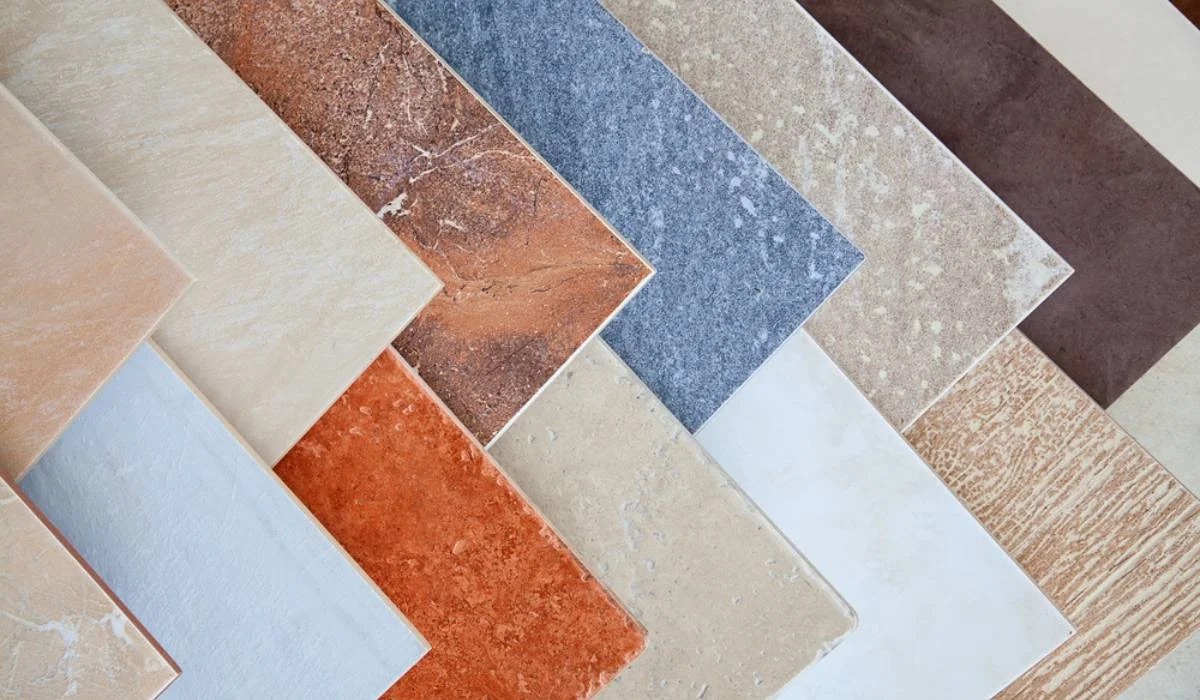

Interior Design
12 Different Types Of Tile And Their Pros And Cons
Modified: February 7, 2024
Discover the pros and cons of 12 different types of tile for your interior design projects. Enhance your space with the perfect tiles for your unique style and preferences.
(Many of the links in this article redirect to a specific reviewed product. Your purchase of these products through affiliate links helps to generate commission for Storables.com, at no extra cost. Learn more)
Introduction
Welcome to the world of interior design, where every element plays a crucial role in creating beautiful and functional spaces. One of the key components that can transform the look and feel of any room is tiling. With a wide range of options available, selecting the right type of tile is essential to achieve the desired aesthetic and functionality.
In this article, we will explore 12 different types of tiles commonly used in interior design. Each type has its unique characteristics, advantages, and disadvantages, allowing you to make an informed decision for your specific needs. From ceramic and porcelain to glass and natural stone tiles, we’ll cover them all.
So, let’s dive in and discover the pros and cons of each type, helping you choose the perfect tile for your next design project.
Key Takeaways:
- Choose the perfect tile for your project by understanding the unique characteristics, advantages, and disadvantages of ceramic, porcelain, glass, mosaic, quarry, terracotta, marble, granite, slate, limestone, travertine, and vinyl tiles.
- Strike a balance between style and functionality when selecting the ideal tile type for your space. Consider factors such as aesthetic appeal, durability, maintenance requirements, cost, and suitability for the intended application to create a stunning and functional design.
Read more: 11 Common Types Of Bathtub: Pros And Cons
Ceramic Tile
Ceramic tiles are a popular choice for both residential and commercial spaces. Made from a mixture of clay, sand, and water, ceramic tiles are kiln-fired at high temperatures to create a durable and versatile material. They come in a variety of colors, shapes, and sizes, making them highly customizable.
Pros:
- Wide range of design options: Ceramic tiles offer endless design possibilities. They can mimic the appearance of other materials such as stone or wood, allowing you to achieve the desired look at a lower cost.
- Cost-effective: Ceramic tiles are typically more affordable compared to other types of tiles. This makes them an excellent choice for budget-conscious projects.
- Durability: Ceramic tiles are known for their durability and can withstand heavy foot traffic. They are resistant to scratches, stains, and fading over time.
- Easy maintenance: Ceramic tiles are relatively easy to clean and maintain. Regular sweeping and mopping are usually sufficient to keep them looking pristine.
- Water-resistant: Ceramic tiles have a low water absorption rate, making them ideal for wet areas such as bathrooms and kitchens.
Cons:
- Prone to cracking: While ceramic tiles are durable, they can be more prone to cracking under heavy impact or pressure.
- Not as strong as porcelain: Compared to porcelain tiles, ceramic tiles are not as strong and may not be suitable for certain applications.
- Can be slippery when wet: Ceramic tiles can be slippery when wet, so it’s important to choose a finish with adequate slip resistance, especially in areas prone to moisture.
- Not suitable for outdoor use: Due to their lower resistance to extreme temperatures and weather conditions, ceramic tiles are not recommended for outdoor applications.
Overall, ceramic tiles offer a wide range of design options, affordability, and easy maintenance. They are an excellent choice for interior spaces that require durability and visual appeal. Consider the pros and cons to determine if ceramic tiles are the right fit for your specific project.
Porcelain Tile
Porcelain tiles are a popular choice for both residential and commercial applications. They are made from refined clay and fired at extremely high temperatures, making them highly durable and resistant to wear and tear. Porcelain tiles are available in a variety of styles, finishes, and sizes, making them suitable for any design aesthetic.
Pros:
- Durability: Porcelain tiles are incredibly durable and dense, making them highly resistant to scratches, stains, and fading. They can withstand heavy foot traffic, making them perfect for high-traffic areas.
- Water-resistant: Porcelain tiles have a low water absorption rate, making them highly resistant to moisture. This makes them suitable for bathrooms, kitchens, and other areas prone to water exposure.
- Wide variety of designs: Porcelain tiles come in a wide range of designs, including mimicking natural stone, marble, wood, and even fabric. There are also various finish options available, such as polished, matte, or textured.
- Easy maintenance: Porcelain tiles are easy to clean and maintain. Regular sweeping and occasional mopping are usually sufficient to keep them looking pristine.
- Long-lasting: Due to their durability, porcelain tiles have a long lifespan, making them a worthwhile investment in the long run.
Cons:
- Cost: Porcelain tiles can be more expensive compared to other types of tiles. However, the durability and longevity they offer can offset the initial cost.
- Installation complexity: Porcelain tiles are denser and heavier than other tile types, which can make the installation process more labor-intensive and time-consuming. It’s recommended to hire a professional installer for proper installation.
- Hard and cold underfoot: Porcelain tiles can feel hard and cold underfoot, especially in colder climates. Consider using rugs or underfloor heating to add warmth and comfort.
Porcelain tiles are an excellent choice for areas that require durability, water resistance, and a wide range of design options. They are suitable for both indoor and outdoor applications, making them a versatile and long-lasting tile choice.
Glass Tile
Glass tiles have gained popularity in recent years due to their unique and captivating appearance. Made from thin pieces of glass that are fused together, glass tiles offer a stylish and contemporary look to any space. They are available in a variety of colors, sizes, and finishes, allowing for endless design possibilities.
Pros:
- Visual appeal: Glass tiles are known for their stunning visual appeal. They reflect light and create a beautiful, luminous shine that can brighten up any room. They add a touch of elegance and sophistication to both modern and traditional spaces.
- Versatility: Glass tiles can be used in numerous applications, including backsplashes, accent walls, shower surrounds, and pool areas. They offer a seamless and sleek look.
- Easy to clean: Glass tiles are non-porous and resistant to stains, making them easy to clean. Wiping them with a damp cloth or using a non-abrasive glass cleaner will help maintain their shine.
- Hygienic: Since glass tiles are non-porous, they are resistant to mold, mildew, and bacteria growth, making them a hygienic option for bathrooms and kitchens.
- Environmentally friendly: Glass tiles are often made from recycled glass, making them an eco-friendly choice. Their production helps reduce waste and promotes sustainability.
Cons:
- Cost: Glass tiles tend to be more expensive compared to other types of tiles. However, their unique appearance and visual impact are worth the investment for many homeowners.
- Installation complexity: Installing glass tiles requires precision and care to prevent breakage or damage. It is recommended to hire a professional installer with experience working with glass tiles.
- Maintenance: Glass tiles may require more frequent cleaning and maintenance to keep them looking their best. Fingerprints, water spots, and soap residue can be more noticeable on glass surfaces.
- Fragility: While glass tiles are generally durable, they can be more prone to chipping or cracking if not handled with care. Avoid dropping heavy objects onto glass tile surfaces.
Glass tiles offer a unique and modern aesthetic to any space. They are perfect for those looking to add a touch of elegance, shine, and sophistication to their interiors. Consider their visual appeal, versatility, and maintenance requirements when deciding if glass tiles are the right choice for your design project.
Mosaic Tile
Mosaic tiles are small, decorative pieces of tile that are typically arranged to create intricate patterns or designs. They have been used for centuries to add beauty and visual interest to various spaces. Mosaic tiles come in a wide range of materials, including glass, ceramic, porcelain, natural stone, and metal, offering endless design possibilities.
Pros:
- Design flexibility: Mosaic tiles allow for creative expression and customization. They can be arranged in different patterns, colors, and textures to create unique and personalized designs.
- Visual appeal: Mosaic tiles are eye-catching and can add a touch of artistic flair to any room. They create visual interest and can serve as a focal point or accent in a space.
- Durability: Mosaic tiles, depending on the material used, can be quite durable and offer longevity. They are resistant to stains, moisture, and fading when properly sealed.
- Versatility: Mosaic tiles can be used in various applications, including backsplashes, accent walls, shower niches, and even as flooring. They are suitable for both indoor and outdoor use.
- Easy maintenance: Mosaic tiles are relatively easy to clean and maintain. Regular sweeping, mopping, and wiping down with a non-abrasive cleaner are usually sufficient.
Cons:
- Complex installation: Installing mosaic tiles can be more labor-intensive and time-consuming compared to larger tiles. The smaller size of the tiles requires precision and patience during installation.
- Grout maintenance: Mosaic tile installations involve grout lines that require regular cleaning and maintenance to prevent staining or discoloration. It’s important to seal the grout to protect it from moisture and dirt.
- Higher cost: Mosaic tiles can be more expensive compared to larger tiles, especially when using high-quality materials. However, the visual impact and design flexibility they offer can outweigh the additional cost for many homeowners.
Mosaic tiles are a fantastic choice for those seeking unique and visually stunning designs. They allow for creativity and customization, making them an excellent option for adding personality and charm to any space. Consider the complexity of installation and maintenance requirements when incorporating mosaic tiles into your design project.
Read more: What Are The Pros And Cons Of A Pergola?
Quarry Tile
Quarry tiles, also known as terra cotta tiles, are unglazed tiles made from natural clay or shale. They have been used for centuries and are known for their rustic and timeless charm. Quarry tiles are typically earth-toned and offer a unique and warm aesthetic to any space.
Pros:
- Durability: Quarry tiles are extremely durable and can withstand heavy foot traffic, making them ideal for high-traffic areas in both residential and commercial settings.
- Natural and eco-friendly: Quarry tiles are made from natural materials such as clay and shale, making them an environmentally friendly choice. They do not undergo any chemical processes during manufacturing.
- Slip-resistant: Quarry tiles have a textured surface that provides excellent traction, making them a safe choice for areas prone to moisture, such as kitchens, bathrooms, and entryways.
- Heat-resistant: Quarry tiles have excellent heat resistance, making them suitable for areas near stoves, fireplaces, or outdoor installations.
- Low maintenance: Quarry tiles are easy to clean and require minimal maintenance. Regular sweeping and mopping with a mild detergent solution are usually sufficient to keep them looking their best.
Cons:
- Limited design options: Quarry tiles are generally available in earthy tones and have a rustic appearance. If you’re looking for a wide range of colors and patterns, quarry tiles may not offer the variety you desire.
- Porous nature: Quarry tiles are unglazed and porous, which means they can absorb stains and spills. Applying a sealant can help protect them from stains and make them easier to clean.
- Susceptible to chipping: Quarry tiles can chip or crack if subjected to heavy impact or misuse. However, their durability makes them less prone to damage compared to other types of tile.
Quarry tiles are a great choice for those who appreciate a rustic and natural look. They offer durability, slip resistance, and eco-friendliness. Consider their limited design options and porous nature when deciding if quarry tiles are the right fit for your project.
Terracotta Tile
Terracotta tiles are a type of ceramic tile made from natural clay. Known for their warm and earthy tones, terracotta tiles have been a popular choice for centuries, particularly in Mediterranean and Spanish-style interior designs. These tiles offer a timeless and rustic charm to any space.
Pros:
- Natural and warm aesthetic: Terracotta tiles add a warm and inviting ambiance to a room. Their earthy tones create a cozy and rustic atmosphere, perfect for creating a Mediterranean or Mediterranean-inspired design.
- Durability: Terracotta tiles are highly durable and long-lasting. When properly maintained, they can withstand heavy foot traffic and are resistant to scratches and wear.
- Heat retention: Terracotta tiles have excellent heat retention properties, making them a popular choice for homes with radiant heating systems. They retain warmth during colder months, creating a comfortable and cozy environment.
- Customizable: Terracotta tiles can be handcrafted and customized to fit specific design preferences. They can be left unglazed for a more rustic appeal or glazed for additional protection and a different look.
- Environmentally friendly: Terracotta tiles are made from natural clay and require minimal processing, making them an environmentally friendly choice for eco-conscious homeowners.
Cons:
- Porous nature: Terracotta tiles are porous and absorbent, making them prone to staining. Proper sealing and regular resealing are necessary to protect against spills and liquid penetration.
- Higher maintenance: Terracotta tiles require regular sweeping and mopping, as well as occasional resealing, to keep them looking their best. They are more susceptible to wear and may require more maintenance compared to other tile options.
- Vulnerability to cracking and chipping: Terracotta tiles can be more fragile compared to other types of tiles. They are more prone to cracking and chipping under heavy impact or pressure, so it’s important to exercise caution during installation and use.
- Limited color range: Terracotta tiles typically come in earthy tones like reddish-brown or orange. If you’re looking for a wider range of color options, terracotta tiles may not offer the variety you desire.
Terracotta tiles bring a timeless and rustic charm to any space. Their warm hues and natural appeal make them suitable for those seeking a cozy and Mediterranean-inspired atmosphere. Consider their porous nature, higher maintenance requirements, and limited color range when deciding if terracotta tiles are the right fit for your design project.
When choosing tile, consider factors such as durability, maintenance, and style. Porcelain is durable and low maintenance, while natural stone offers a unique, organic look. Glass tile is easy to clean and adds a modern touch, but may be more prone to chips and cracks. Consider these factors when selecting the right tile for your space.
Marble Tile
Marble tiles are an exquisite and luxurious choice for interior design. Known for their timeless beauty, these natural stone tiles have been used for centuries in various architectural masterpieces. Marble tiles can elevate the elegance and sophistication of any space, creating a visually stunning environment.
Pros:
- Elegance and beauty: Marble tiles are renowned for their elegance and luxurious appeal. The unique veining patterns and color variations in each tile create a one-of-a-kind aesthetic that adds a touch of opulence to any room.
- Classic and timeless: Marble has withstood the test of time and has been used for centuries in architecture and design. It has a timeless appeal that never goes out of style.
- Durable: When properly maintained, marble tiles are durable and can last for generations. They are resistant to scratches and can withstand everyday wear and tear.
- Cool to the touch: Marble has a natural coolness, making it an excellent choice for hot climates or areas where temperature control is important. It can help keep the room feeling refreshing and comfortable.
- Increases property value: Using marble tiles in your home can increase its value. The luxury and quality associated with marble can attract potential buyers and add an element of sophistication to the overall design.
Cons:
- High cost: Marble is considered a premium material, and marble tiles can be quite expensive compared to other tile options. The cost includes both the material itself and the specialized installation required.
- Porous nature: Marble is a natural stone and is porous, which means it can absorb liquids and stains. Proper sealing is necessary to protect the marble from damage and maintain its appearance.
- Requires regular maintenance: Marble tiles require regular cleaning and maintenance to keep them looking their best. They need to be sealed periodically, and spills should be wiped up promptly to prevent staining.
- Prone to scratching: While marble is durable, it is softer than other stones such as granite. It can be susceptible to scratches and may not be the best choice for high-traffic areas.
- Sensitivity to acidic substances: Marble is sensitive to acidic substances such as citrus juices and vinegar. These liquids can etch the surface of the marble, causing permanent damage.
Marble tiles offer a stunning and luxurious option for those looking to create a sophisticated and timeless space. Consider the high cost, maintenance requirements, and sensitivity to certain substances when deciding if marble tiles are the right fit for your design project.
Granite Tile
Granite tiles are a popular choice for both residential and commercial applications due to their durability and natural beauty. Formed through the cooling and solidification of molten rock, granite is a dense and hardwearing material that can withstand the test of time. With its unique patterns and colors, granite tiles can add a touch of elegance and sophistication to any space.
Pros:
- Durability: Granite tiles are highly durable and can withstand heavy foot traffic, making them ideal for high-traffic areas such as kitchens and entryways. They are resistant to scratches, stains, and heat.
- Natural beauty: Granite tiles are known for their natural beauty and unique patterns, created by the various minerals present in each tile. They can add a timeless and luxurious appeal to any room.
- Wide range of colors: Granite tiles come in a wide array of colors, from subtle neutrals to bold and vibrant options. This variety allows for versatility in design and the ability to find the perfect fit for any aesthetic.
- Low maintenance: Granite tiles are relatively easy to clean and maintain. Regular sweeping and occasional damp mopping are usually sufficient to keep them looking their best.
- Resistant to heat: Granite is highly resistant to heat, making it an excellent choice for areas near stoves or fireplaces. You can place hot pots or pans directly on granite tiles without worrying about damage.
Cons:
- Cost: Granite tiles can be more expensive compared to other types of tiles. The cost of the material, along with specialized installation, can make it a significant investment. However, the durability and timeless beauty of granite often outweigh the initial cost for many homeowners.
- Requires sealing: While granite tiles are relatively resistant to stains, they are porous and require sealing to prevent any potential staining or damage. Regular resealing is necessary to maintain the protection.
- Heavy and challenging to install: Granite tiles are dense and heavy, which can make them more challenging to install. It is recommended to hire a professional installer with experience working with granite tiles.
- Uniformity: While the unique patterns and colors of granite tiles are often considered a pro, some may desire a more uniform appearance. If consistency in appearance is a priority, granite tiles may not be the ideal choice.
Granite tiles offer durability, natural beauty, and a wide range of colors, making them a sought-after choice for many homeowners. Consider the cost, sealing requirements, and installation challenges when deciding if granite tiles are the right fit for your design project.
Read more: What Are The Pros And Cons Of Astro Turf
Slate Tile
Slate tiles are a popular choice for those seeking a natural and rustic look. Known for their earthy tones and unique texture, slate tiles offer a timeless and versatile option for various interior and exterior applications. Formed from layers of metamorphic rock, slate is highly durable and can add character and depth to any space.
Pros:
- Natural beauty: Slate tiles showcase the natural beauty and unique characteristics of the rock. They come in a range of earthy colors, including shades of gray, green, blue, and brown, providing a natural and organic aesthetic to a room.
- Durability: Slate is a dense and durable rock, making slate tiles highly resistant to cracking, chipping, and breaking. They can withstand heavy foot traffic and are suitable for both indoor and outdoor use.
- Non-slip surface: Slate tiles typically have a rough and textured surface, which provides excellent slip resistance. This makes them a safe option for areas prone to moisture, such as bathrooms or pool areas.
- Low maintenance: Slate tiles are relatively easy to clean and maintain. Regular sweeping and occasional mopping with a mild cleanser are usually sufficient to keep them looking pristine.
- Heat resistance: Slate tiles have natural heat resistance and can withstand high temperatures without being damaged. This makes them ideal for fireplaces or areas near stoves.
Cons:
- Variation in thickness: Slate tiles can have slight variations in thickness due to their natural formation. This can result in uneven installation or require additional leveling during the installation process.
- Prone to scratching: While slate is durable, it is not entirely scratch-resistant. Care should be taken to prevent dragging heavy objects or using abrasive materials that may scratch the surface.
- Requires sealing: Slate is a porous material and requires sealing to ensure resistance to stains and moisture. Regular resealing is necessary to maintain its protective layer and appearance.
- Color variation: While the variation in color can be a desirable characteristic, it can also be a challenge for those seeking a more uniform look. Each slate tile may have different hues and patterns, which may not suit all design preferences.
Slate tiles offer a unique and natural beauty that can enhance the aesthetic of any space. Consider the variation in thickness, the need for sealing, and the potential for color variation when deciding if slate tiles are the right fit for your design project.
Limestone Tile
Limestone tiles are a popular choice for those seeking a classic and elegant look. Formed from sedimentary rocks, limestone offers a timeless appeal with its natural colors and soft textures. It is a versatile material that can add warmth and sophistication to various interior and exterior design styles.
Pros:
- Natural beauty: Limestone tiles exude natural beauty with their soft and earthy tones, ranging from creamy whites to warm beiges. They have unique patterns and textures that create a sense of depth and visual interest in a space.
- Warmth: Limestone has a natural warmth to it, both in color and to the touch. It can create a cozy and inviting ambiance in any room.
- Wide range of finishes: Limestone tiles are available in various finishes, including honed, polished, and tumbled. This allows for different levels of shine and texture, giving you the flexibility to achieve the desired look.
- Durable: While not as hard as granite or porcelain, limestone is still a durable material that can withstand normal wear and tear. With proper care, limestone tiles can last for many years.
- Easy to work with: Limestone tiles can be easily cut and shaped, making them suitable for creating intricate design patterns or incorporating unique features into a space.
Cons:
- Porous nature: Limestone is a porous material, which means it is susceptible to staining and moisture absorption. Proper sealing is essential to protect limestone tiles from damage and maintain their appearance.
- Sensitive to acidic substances: Limestone is reactive to acidic substances and can be easily etched or stained by substances like citrus juices, vinegar, or harsh cleaning agents. Avoid using acidic cleaners and wipe up spills promptly.
- Requires maintenance: Limestone tiles require regular maintenance, including sealing and periodic resealing. Cleaning should be done with mild, pH-neutral cleaners to avoid damaging the surface.
- May show wear over time: As a softer material, limestone tiles may show signs of wear and tear more easily than harder stones. This can add character over time but may require more frequent maintenance and care.
Limestone tiles offer a classic and elegant option for those seeking a natural and warm look. Consider the porous nature, sensitivity to acids, and maintenance requirements when deciding if limestone tiles are the right fit for your design project.
Travertine Tile
Travertine tiles are a beautiful and versatile natural stone option for interior and exterior design. Formed in mineral-rich hot springs, travertine offers a unique blend of earthy tones and distinctive patterns that can add a touch of sophistication to any space. Whether you prefer a contemporary or traditional look, travertine tiles can complement a variety of design styles.
Pros:
- Natural beauty: Travertine tiles showcase the natural beauty of the stone with their unique patterns and colors. They come in various earthy tones, including beige, tan, and ivory, which add warmth and elegance to any room.
- Versatility: Travertine tiles are available in different finishes, including polished, honed, brushed, and tumbled. This allows for a range of looks, from sleek and contemporary to rustic and aged, catering to various design preferences.
- Durability: Travertine is a durable material that can withstand everyday wear and tear. It is resistant to heat and can handle the demands of high-traffic areas.
- Unique patterns: Travertine tiles feature natural patterns and variations, providing a truly unique and one-of-a-kind look. No two tiles are exactly alike, adding character and depth to the overall design.
- Timeless appeal: Travertine has been used for centuries in architectural wonders, showcasing its timelessness and enduring beauty. Choosing travertine tiles can impart a sense of history and elegance to any space.
Cons:
- Porous nature: Travertine is a porous stone and requires sealing to protect against stains and moisture penetration. Regular sealing and maintenance are necessary to maintain its beauty and longevity.
- Susceptible to etching: Travertine is susceptible to etching from acidic substances such as citrus juices, vinegar, or harsh cleaning agents. It’s essential to clean up spills promptly and use pH-neutral cleaning products.
- Requires proper installation: Travertine tiles need to be properly installed to ensure their durability and longevity. The tiles should be laid on a sturdy and level surface to prevent cracking or improper alignment.
- Higher maintenance: Travertine tiles require regular cleaning, sealing, and periodic resealing to protect against stains and maintain their appearance. It is important to follow proper maintenance guidelines to ensure their longevity.
Travertine tiles offer a unique blend of natural beauty, durability, and versatility. Consider the porous nature, maintenance requirements, and proper installation when deciding if travertine tiles are the right fit for your design project.
Vinyl Tile
Vinyl tiles are a popular and affordable choice for flooring in both residential and commercial spaces. Made from synthetic materials, vinyl tiles offer a wide range of design options, durability, and ease of maintenance. They can mimic the look of other flooring materials, such as hardwood or stone, while providing additional benefits.
Pros:
- Affordability: Vinyl tiles are a cost-effective flooring option, making them attractive to budget-conscious consumers. They offer a similar look to more expensive materials at a fraction of the cost.
- Durability: Vinyl tiles are highly durable and resistant to scratches, dents, and stains. They can handle heavy foot traffic and are suitable for areas prone to moisture, such as bathrooms and kitchens.
- Easy installation: Vinyl tiles are designed for easy installation, often utilizing a peel-and-stick or click-and-lock mechanism. This makes them a popular choice for DIY projects.
- Comfort underfoot: Vinyl tiles have a softer and more cushioned feel compared to harder flooring materials like ceramic or stone. They provide a comfortable surface to walk on and are warmer to the touch.
- Water-resistant: Vinyl tiles are water-resistant, making them suitable for areas prone to spills or moisture. They are easy to clean and maintain, requiring only regular sweeping and mopping.
- Wide range of designs: Vinyl tiles come in a variety of styles, colors, and patterns. They can mimic the look of natural materials like wood or stone, allowing for versatile design options.
Cons:
- Prone to fading: Vinyl tiles may be susceptible to fading when exposed to direct sunlight over a prolonged period. It’s important to consider this when installing them in sunlit areas.
- Not as environmentally friendly: Vinyl tiles are made from synthetic materials and may not be as eco-friendly as natural flooring options. However, there are more sustainable and low-VOC (volatile organic compound) options available in the market.
- Less natural look and feel: While vinyl tiles can mimic the appearance of natural materials, some may prefer the warmth and authenticity of the real thing.
- May require subfloor preparation: Vinyl tiles are thinner compared to other flooring materials. If the underlying subfloor is not smooth or level, additional preparation may be required for proper installation.
Vinyl tiles offer an affordable and durable flooring solution with a wide range of design options. Consider the sunlight exposure, environmental impact, and personal preferences for a natural look when deciding if vinyl tiles are the right fit for your design project.
Conclusion
Choosing the right type of tile is an important decision when it comes to interior design. Each type of tile – whether it’s ceramic, porcelain, glass, mosaic, quarry, terracotta, marble, granite, slate, limestone, travertine, or vinyl – offers its own set of advantages and considerations. Understanding the pros and cons of each can help you make an informed decision based on your design preferences, budget, and the specific needs of your space.
Ceramic and porcelain tiles provide design versatility, durability, and affordability, making them popular choices for a wide range of projects. Glass and mosaic tiles offer a unique and visually appealing look, adding elegance and creativity to any room. Quarry and terracotta tiles bring a rustic and natural charm, while marble and granite tiles exude luxury and sophistication. Slate, limestone, and travertine tiles offer their own distinct textures and earthy tones, providing timeless beauty. Lastly, vinyl tiles offer affordability, durability, and easy installation for those on a budget.
When making your tile selection, consider factors such as the aesthetic appeal, durability, maintenance requirements, cost, and suitability for the intended application. It’s important to strike a balance between style and functionality to create a space that not only looks beautiful but also serves its purpose well.
Whether you’re redesigning your kitchen, bathroom, or any other space, the right choice of tile can significantly impact the overall ambiance and functionality of the room. With the variety of options available, there’s a tile type to suit every design preference and budget.
Remember to consult with professionals, such as interior designers and tile installers, who can offer their expertise and guidance based on your specific needs. They can help you navigate the vast world of tile options and find the perfect fit for your project.
In the end, choosing the right tile is a personal decision that should align with your design vision and enhance the beauty and functionality of your space. With the knowledge and understanding of each type of tile and its pros and cons, you’re now equipped to make an informed decision and embark on your journey to create a stunning and inviting space with the perfect tile choice.
Frequently Asked Questions about 12 Different Types Of Tile And Their Pros And Cons
Was this page helpful?
At Storables.com, we guarantee accurate and reliable information. Our content, validated by Expert Board Contributors, is crafted following stringent Editorial Policies. We're committed to providing you with well-researched, expert-backed insights for all your informational needs.
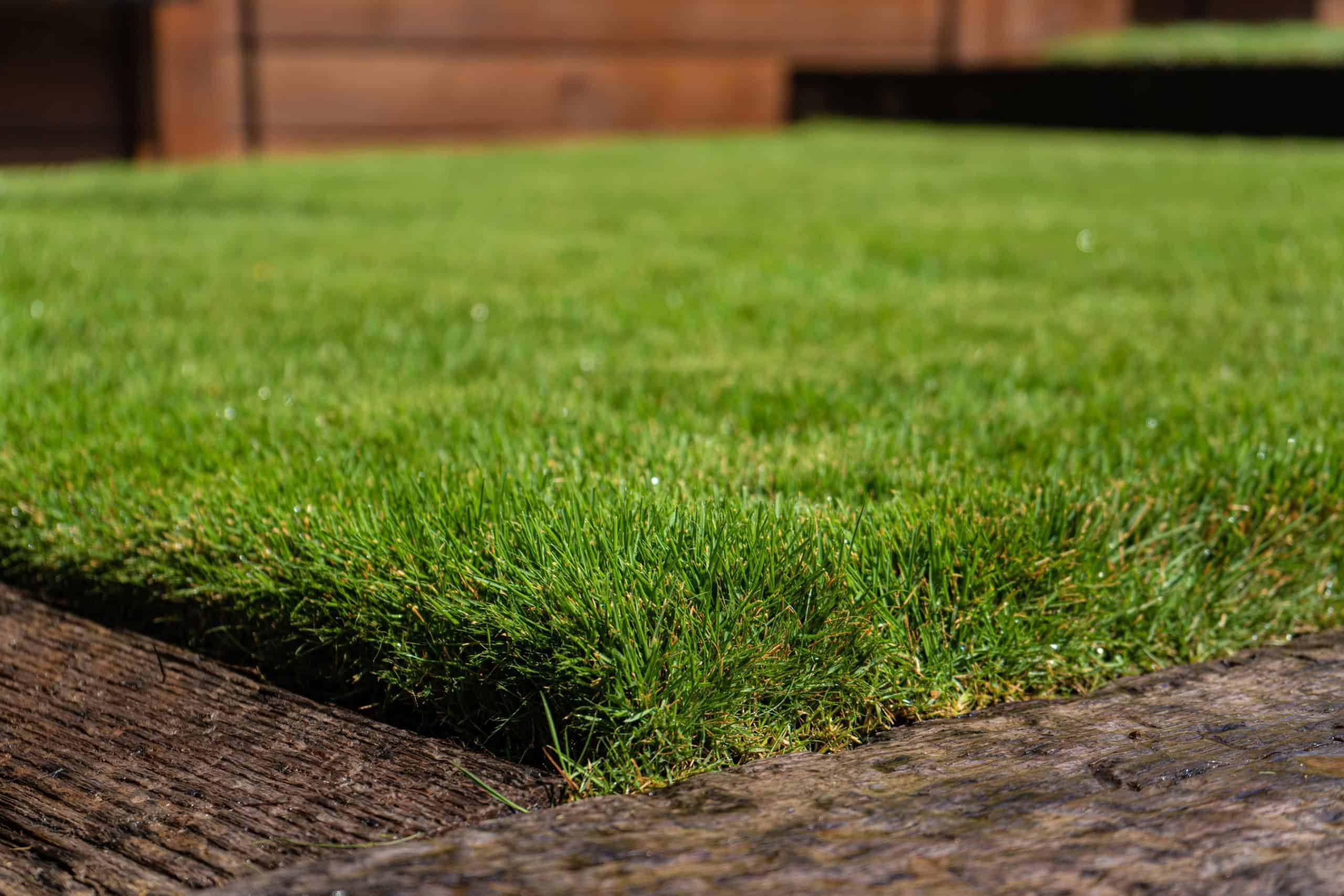

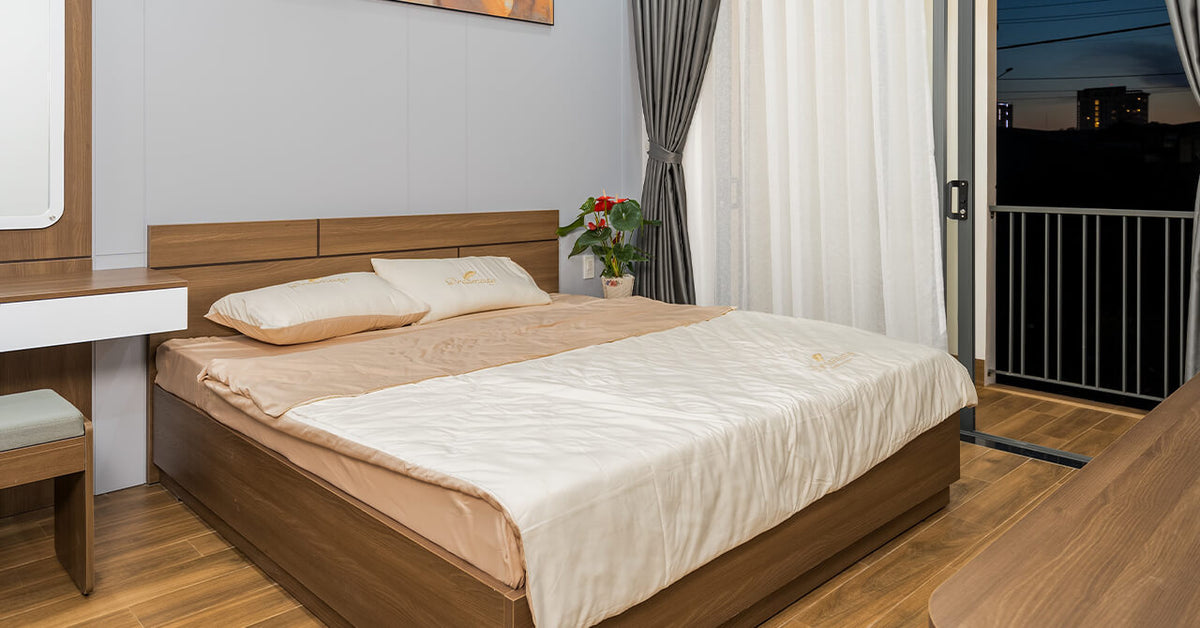
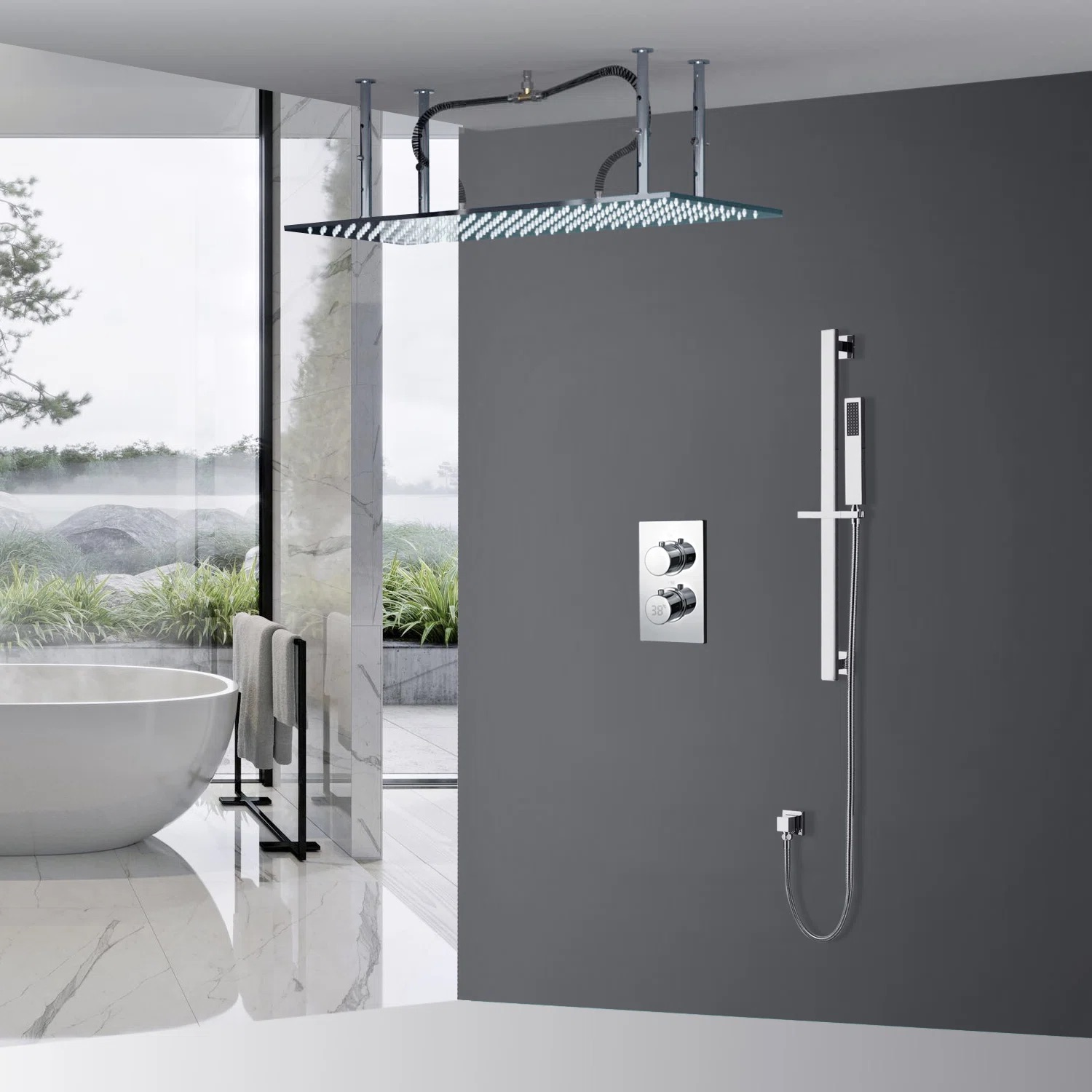
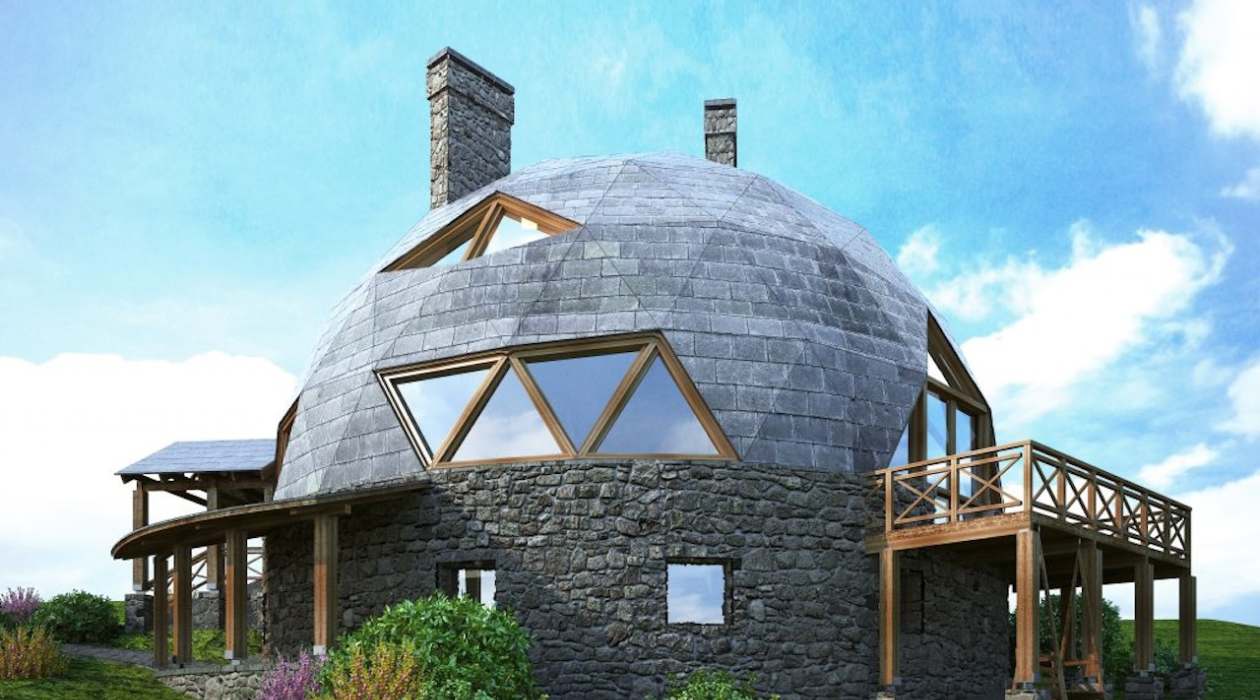

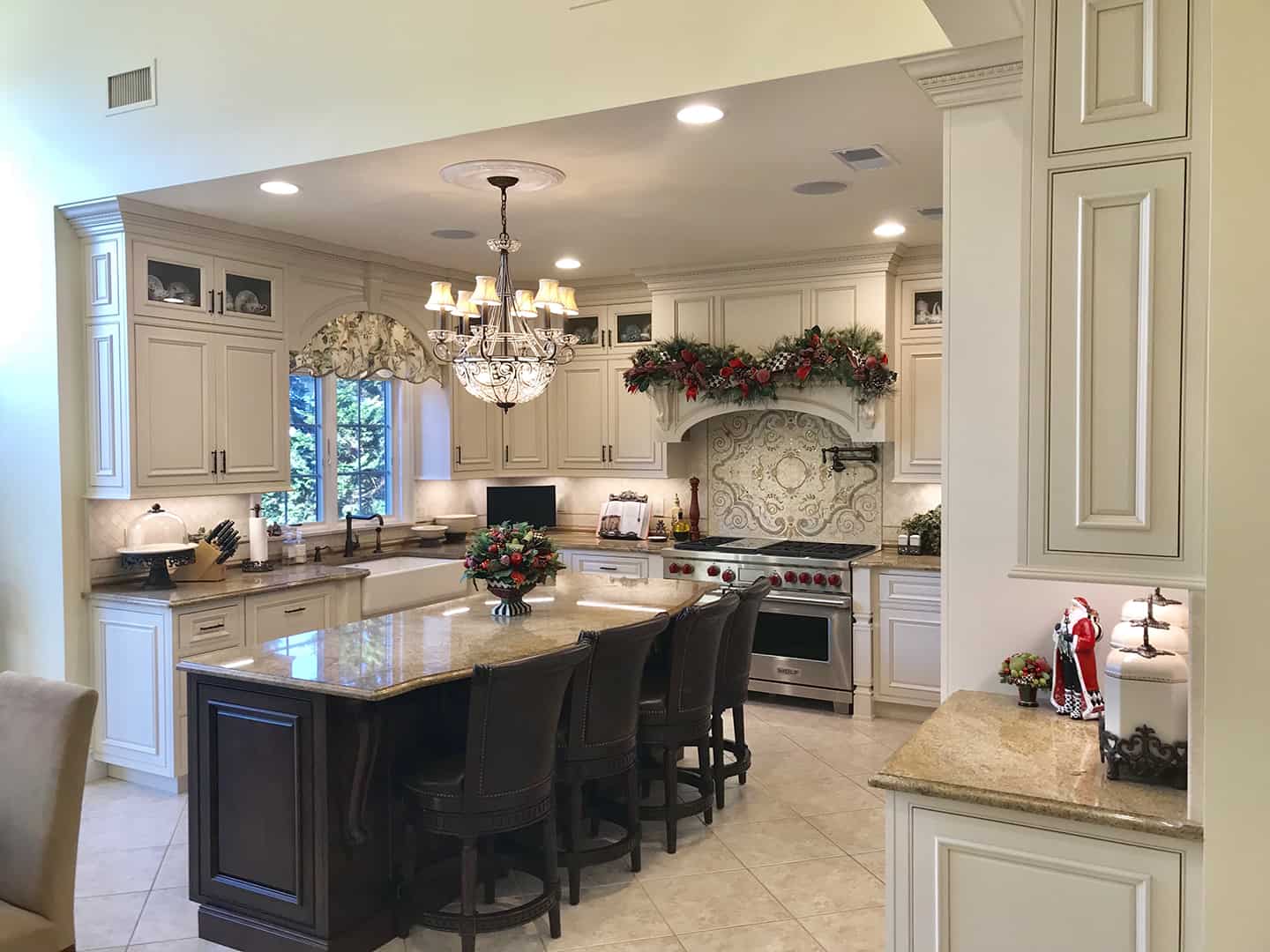
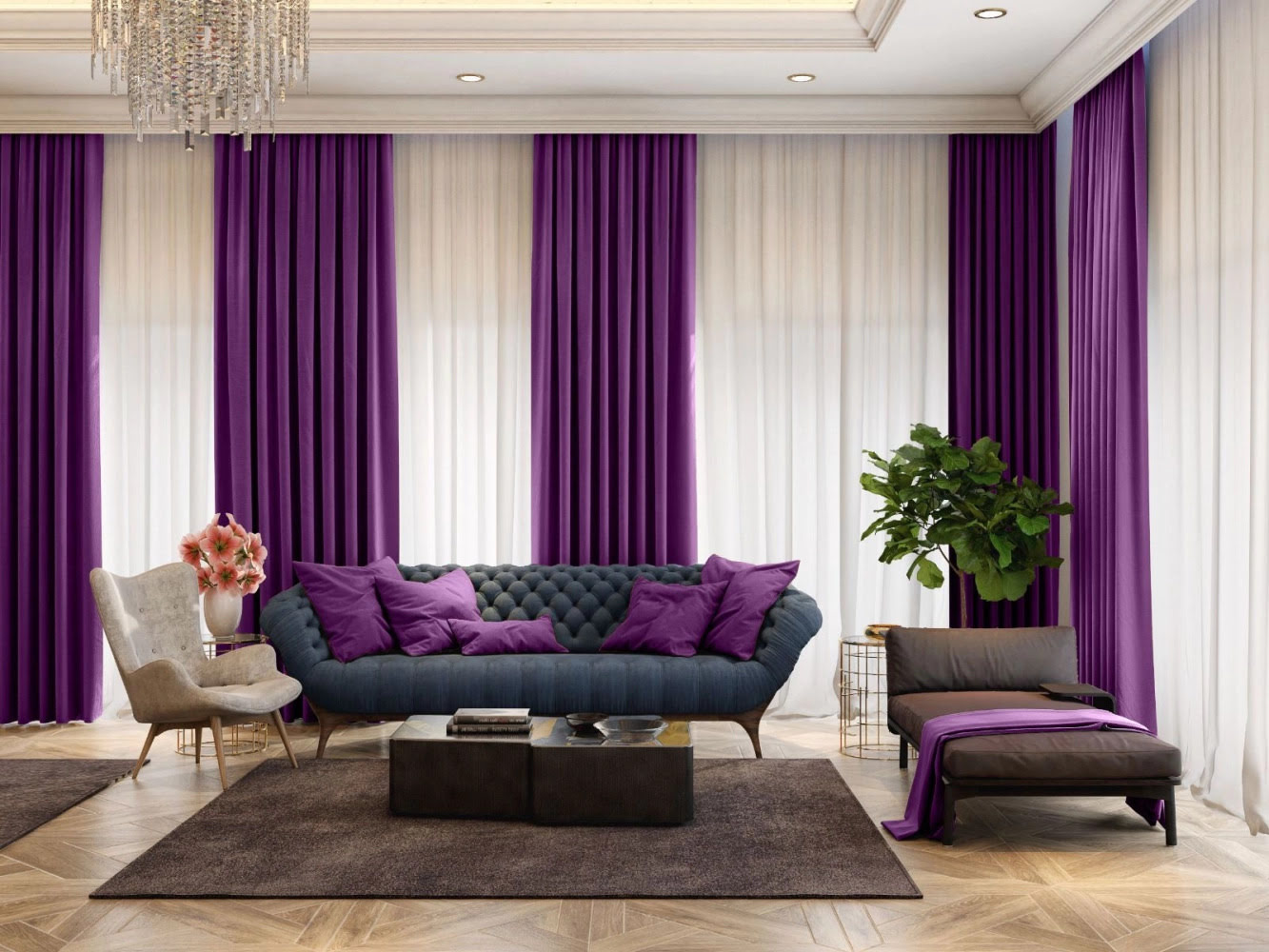
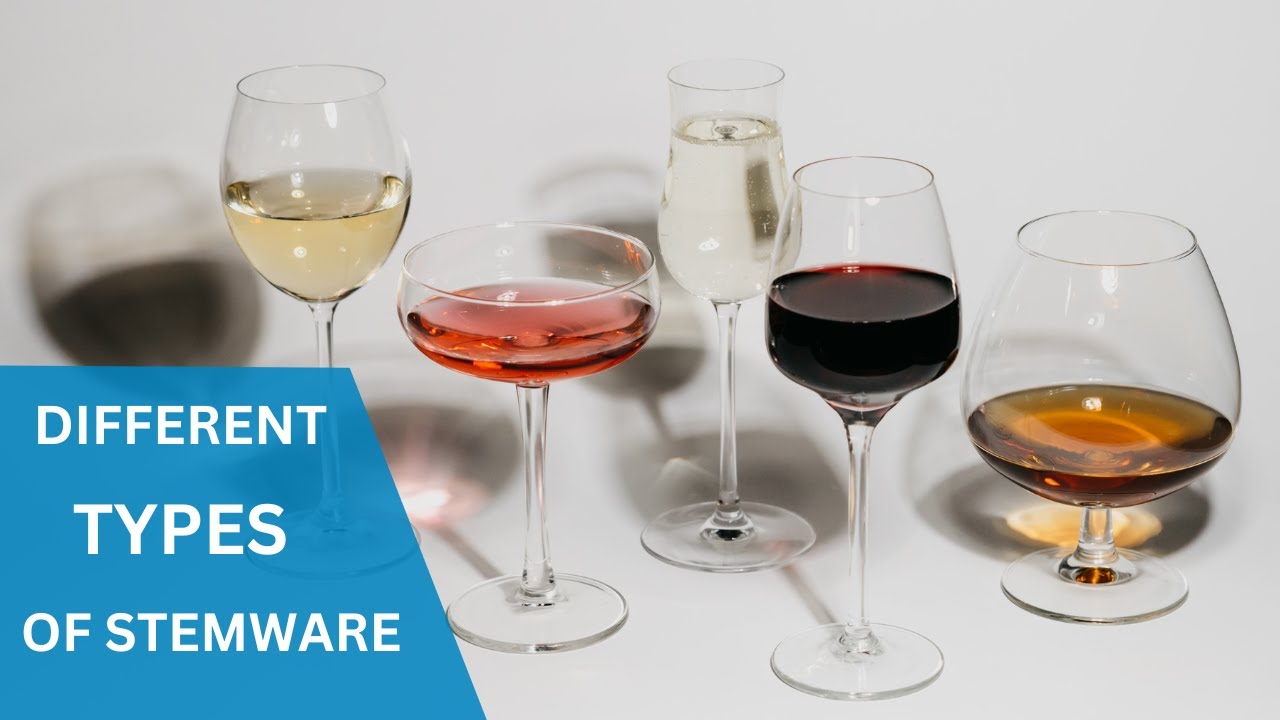


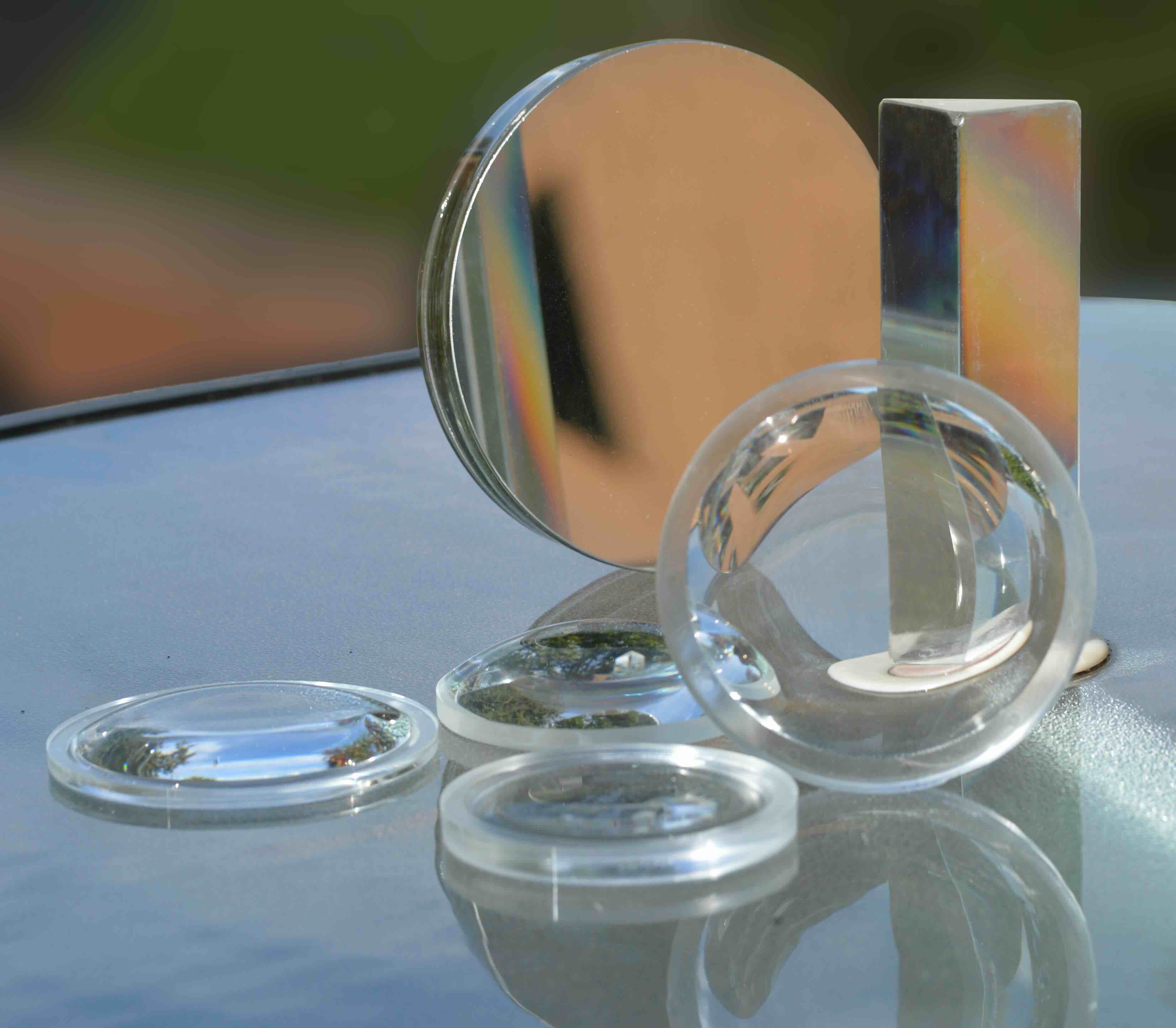

0 thoughts on “12 Different Types Of Tile And Their Pros And Cons”